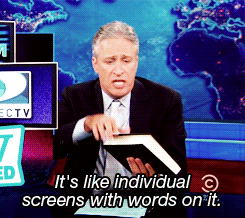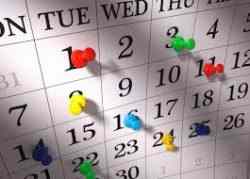
Diary of a Shit-head Kid
For my series I picked Diary of a Wimpy Kid by Jeff Kinney because I wanted to find out for myself why this particular series has remained popular over the years. I immediately dove into the first book I chose (The Third Wheel) expecting to be blown away within the first few pages. Not to burst any avid fan bubbles but I continued to be more disappointed as the book went on. I even completed both books waiting to be impressed by something but the moment never came. I’m not saying Jeff Kinney is a terrible writer and his books are the worst reading material out there, but they’re not my cup of tea. However, I can see why the series is likable. There’s humor, drawings, larger font that’s pleasing to the eye, and loads of relatable scenarios throughout each text…basically anything a kid could want in a book.
If I were recommending this series to a specific audience I would say 4th through 6th graders because the main character, Greg, faces middle school-type experiences with an elementary twist added to them. As an adult reading this series, I don’t necessarily like Greg nor do I think he’s a good role model for kids. In fact if I’m being honest, I think he’s kind of a shit-head. After reading both my books and discussing with one my friends who is reading this series as well, I found that we were both annoyed with Greg’s negative mindset and conflict-resolution skills. Throughout the books, Greg does nothing but whine and complain about basically everything, and whenever he encounters a challenge he’ll lie or go behind the other peoples’ backs to get his way. The only reason Greg bothers me so much is because I know that kids tend to idolize main characters in whatever series they’re obsessed with at the moment, and I’d hate for them to believe it’s acceptable to behave in the same manner Greg does.
In her second chapter, Miller focuses on the importance of self-selecting reading material. According to Miller, many children struggle when selecting books because they lack background knowledge about books and how to find books they might be interested in. The ability to self-select reading material helps build children’s self-efficacy and promotes the development of the wild reading skills Miller discusses in the first chapter. As teachers we must help children build these skills because it “allows students to value their decision-making ability, fosters their capacity to choose appropriate material, gives them confidence and a feeling of ownership, improves reading achievement, and encourages students to become lifelong readers” (46).
Throughout the chapter, Miller gave brilliant suggestions of methods teachers can use to help the skills building process. One of my favorite suggestions she mentioned was creating a “book buzz” in the classroom. A book buzz is a chance for us teachers to plan activities to highlight books, celebrate reading experiences, and allow time for students to share or promote their books. The main goal of a book buzz is for students to be exposed to a variety of books and eventually begin to recognize different authors. I think this is an extremely clever suggestion because it’s an opportunity for students to learn and become actively engaged in class without it feeling forced or boring them to death. I also really enjoyed the selection reflection form and reader notebooks ideas. The selection reflection form is a way for teachers to see what methods each student uses to self-select books that way proper support can be provided when needed. Reader notebooks are where students keep a reading list to document and keep track of every book they read. I think both of these strategies are important in a classroom because they promote an organized, collaborative environment that allows for the teacher and the students to be on the same page when it comes to striving toward and achieving academic reading goals.


One Reply to “Diary of a Shit-head Kid”
I am really interested about Dairy of a Wimpy Kid and your reaction to the book. I know virtually nothing about the series, so I stepping in completely unbiased. Due to your negative reactions to Greg, I am wondering if this would be a great series to use with students on the topic of narration and characterization. In literature you learn that not all protagonists and/or narrators are likable or reliable and this may be an early step towards teaching students to realize and detect that. It may be a way to get students to really think about characters in a different way than they are used to.